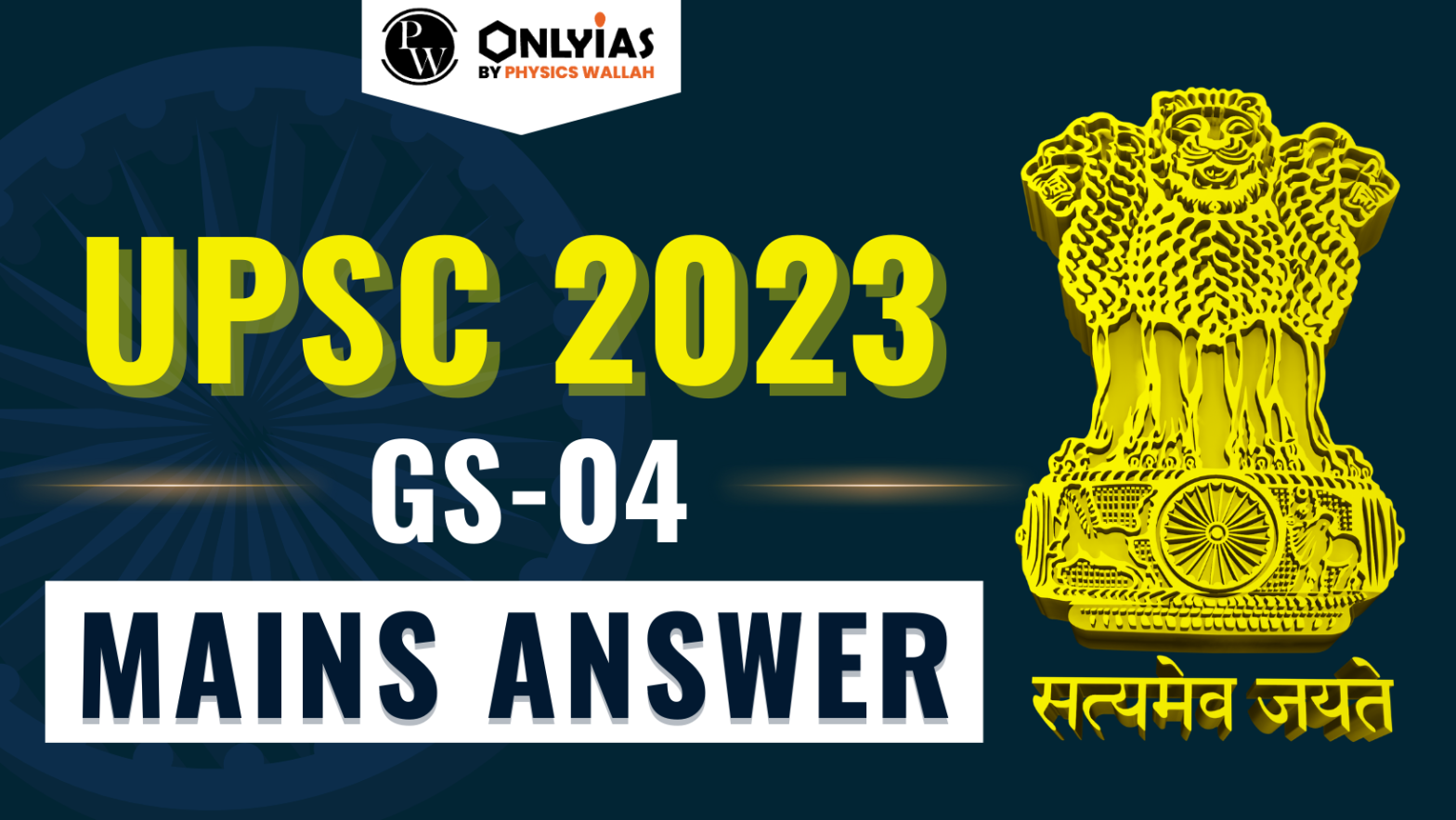Understand moral integrity and professional efficiency in Indian corporate governance with examples. Insights for UPSC GS Paper 4

Q1a. What do you understand by ‘moral integrity’ and ‘professional efficiency’ in the context of corporate governance in India? Illustrate with suitable examples.
Ans:
Introduction
Corporate governance refers to the framework of principles, practices, and regulations that guide business management. In this context, ‘moral integrity’ represents an unwavering commitment to ethical conduct, honesty, and the preservation of moral values throughout an organization. Conversely, ‘professional efficiency’ pertains to the competence and effectiveness of an organization’s leadership in carrying out its responsibilities, making informed and efficient decisions to achieve organizational goals. The Tata Group exemplifies these principles.
Body
Moral Integrity in the Context of Corporate Governance in India:
Professional Efficiency in the Context of Corporate Governance in India:
Conclusion
In conclusion, ‘moral integrity’ and ‘professional efficiency’ in the context of corporate governance in India represent an unwavering commitment to ethical conduct and the competence of leadership in making informed decisions. It is imperative for companies to incorporate these values into their practices as an integral part of sustainable development, ensuring not only their own success but also contributing to the betterment of society and the environment.
| ExtraEdge:
Interrelation between Moral Integrity and Professional Efficiency:
|
| For a Detailed explanation of the UPSC GS-01 Mains question 2023, click here.
For a Detailed explanation of the UPSC GS-02 Mains question 2023, click here. For a Detailed explanation of the UPSC GS-03 Mains question 2023, click here. For a Detailed explanation of the UPSC GS-04 Mains question 2023, click here. |
<div class="new-fform">
</div>